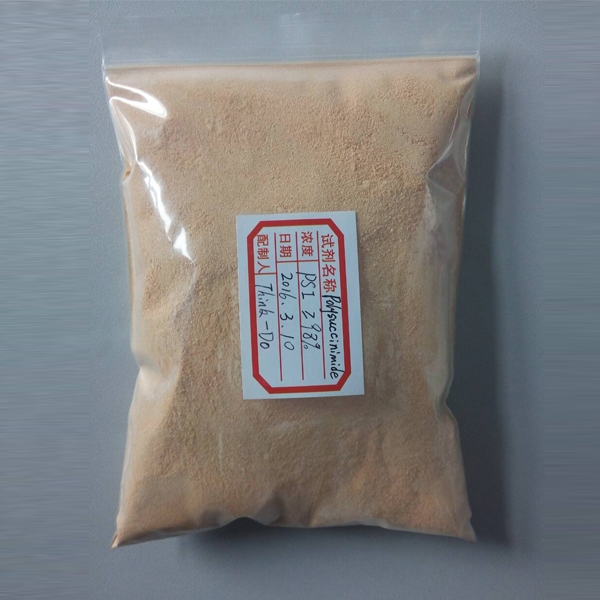
News
Nov . 24, 2024 11:18 Back to list
fulvic acid chelating agent
Fulvic Acid as a Chelating Agent Understanding its Importance and Applications
Fulvic acid is a naturally occurring organic compound found in soil, sediment, and water, formed through the microbial degradation of plant and animal matter. It is a key component of humic substances, which play a crucial role in soil fertility and plant health. One of the most intriguing properties of fulvic acid is its ability to function as a chelating agent. In this article, we will explore what chelation is, how fulvic acid acts as a chelating agent, and its applications in agriculture, environmental science, and human health.
What is Chelation?
Chelation is a chemical process where a substance binds to metal ions, effectively grabbing them and preventing them from participating in undesirable reactions. This binding occurs through the formation of a chelate complex, wherein the metal ion is bonded to multiple atoms from the chelating agent, creating a stable ring structure. Chelation is significant for various applications, including detoxification of heavy metals, nutrient delivery, and improving the bioavailability of essential minerals.
Fulvic Acid and its Chelating Properties
Fulvic acid exhibits a unique ability to chelate a wide range of metal ions, including essential elements like iron, copper, zinc, and manganese, as well as harmful heavy metals such as lead, mercury, and cadmium. Its chelating properties are attributed to its complex molecular structure, which contains multiple functional groups such as carboxyl, phenolic, and hydroxyl groups. These functional groups allow fulvic acid to bind with metal ions, enhancing their solubility and transport in both soil and biological systems.
Applications in Agriculture
In agriculture, fulvic acid plays a vital role in improving soil health and enhancing plant growth. By chelating essential nutrients, fulvic acid increases their bioavailability, allowing plants to absorb these nutrients more efficiently. This promotes stronger root systems, improved chlorophyll production, and overall better crop yields. Furthermore, fulvic acid can help mitigate the effects of soil contaminants by binding to heavy metals, rendering them less toxic to plants and soil organisms.
fulvic acid chelating agent

Farmers and agronomists often utilize fulvic acid in soil amendment products, fertilizers, and biostimulants. The incorporation of fulvic acid into agricultural practices not only boosts productivity but also contributes to sustainable farming by reducing the need for synthetic fertilizers and minimizing environmental impact.
Environmental Applications
In environmental science, fulvic acid serves as a powerful tool for remediation efforts, particularly in contaminated sites. Its chelating ability enables it to bind heavy metals and organic pollutants, facilitating their transport and transformation. This property is especially useful in the treatment of wastewater and in phytoremediation strategies, where plants are used to absorb and decontaminate pollutants from the soil.
Moreover, fulvic acid can help restore degraded ecosystems by improving soil quality and promoting microbial diversity, which are essential for ecosystem resilience.
Human Health Benefits
Recently, the health benefits of fulvic acid have garnered attention in the wellness community. Due to its chelating properties, fulvic acid is believed to support detoxification by binding to heavy metals and other toxins in the human body, promoting their excretion. Additionally, fulvic acid is rich in antioxidants and may contribute to improved nutrient absorption, increased energy levels, and enhanced immune function.
Conclusion
Fulvic acid, with its exceptional chelating capabilities, is an invaluable substance across various fields. Its applications in agriculture, environmental science, and human health highlight its versatility and significance. As research continues to unfold, the understanding and utilization of fulvic acid as a chelating agent will undoubtedly expand, offering promising solutions to some of the pressing challenges in sustainability, health, and environmental remediation. Embracing fulvic acid may not only enhance productivity and protect ecosystems but also promote overall well-being, showcasing the interconnectedness of natural processes and human progress.
-
Polyaspartic Acid Salts in Agricultural Fertilizers: A Sustainable Solution
NewsJul.21,2025
-
OEM Chelating Agent Preservative Supplier & Manufacturer High-Quality Customized Solutions
NewsJul.08,2025
-
OEM Potassium Chelating Agent Manufacturer - Custom Potassium Oxalate & Citrate Solutions
NewsJul.08,2025
-
OEM Pentasodium DTPA Chelating Agent Supplier & Manufacturer High Purity & Cost-Effective Solutions
NewsJul.08,2025
-
High-Efficiency Chelated Trace Elements Fertilizer Bulk Supplier & Manufacturer Quotes
NewsJul.07,2025
-
High Quality K Formation for a Chelating Agent – Reliable Manufacturer & Supplier
NewsJul.07,2025
